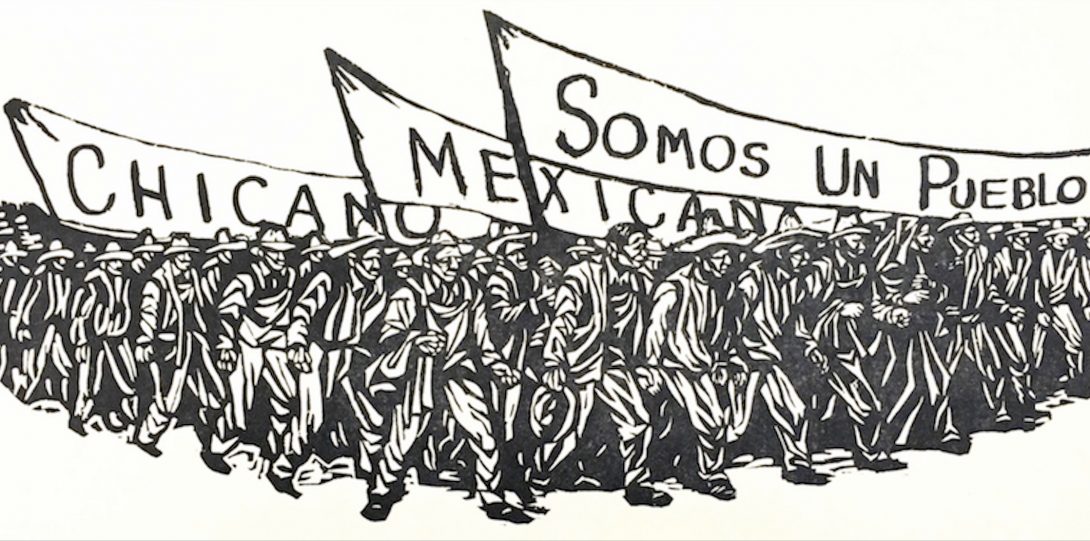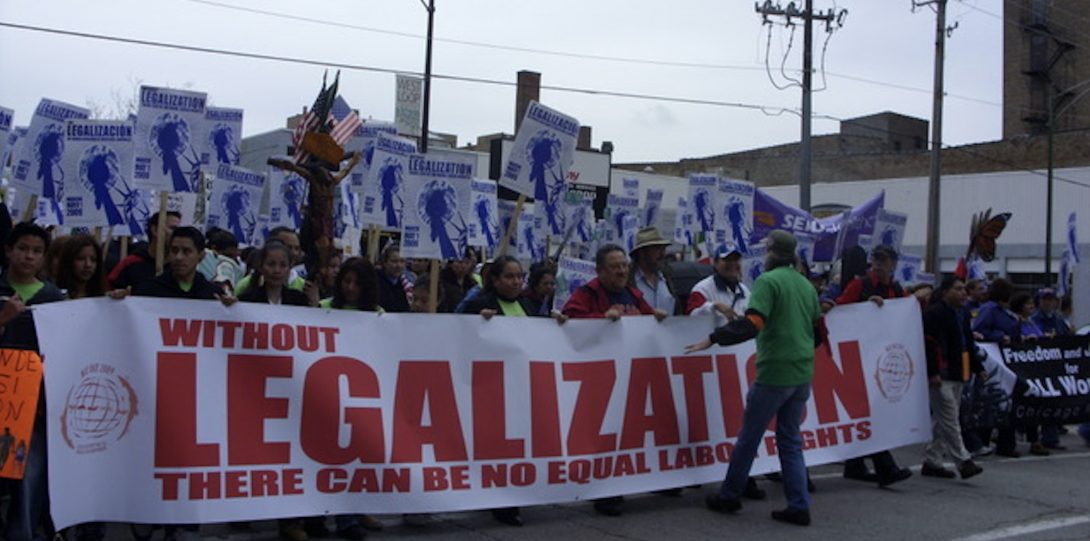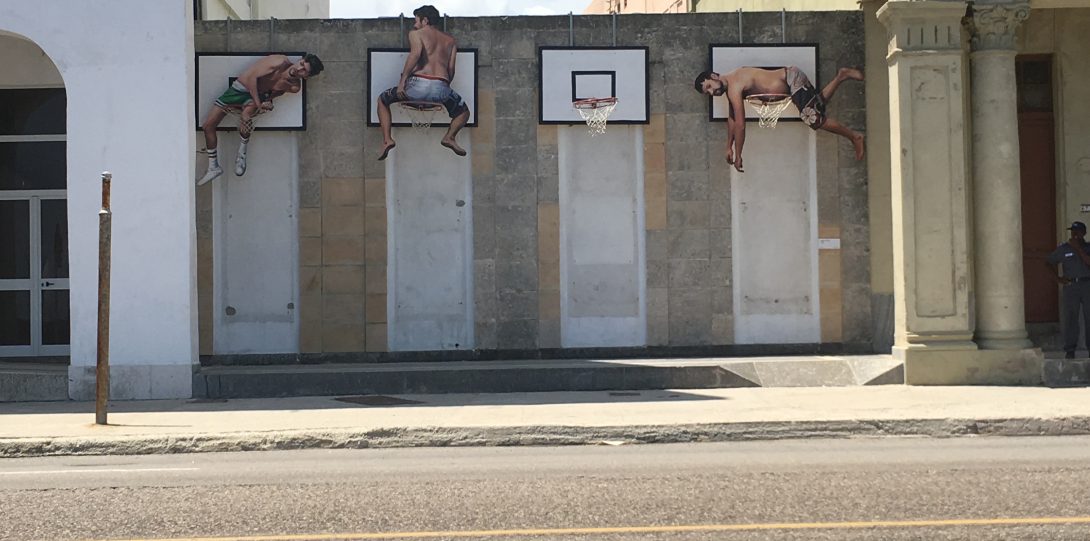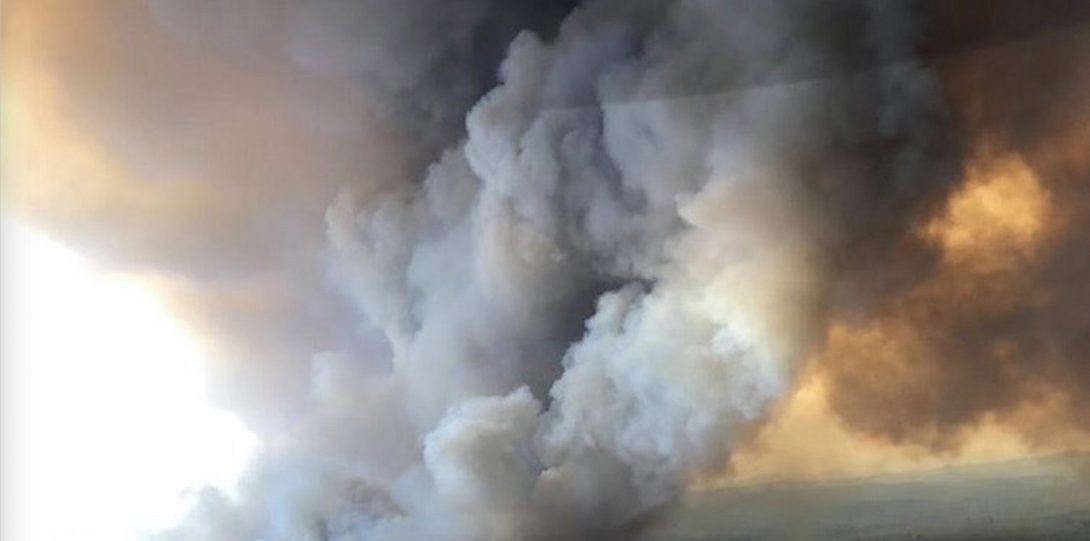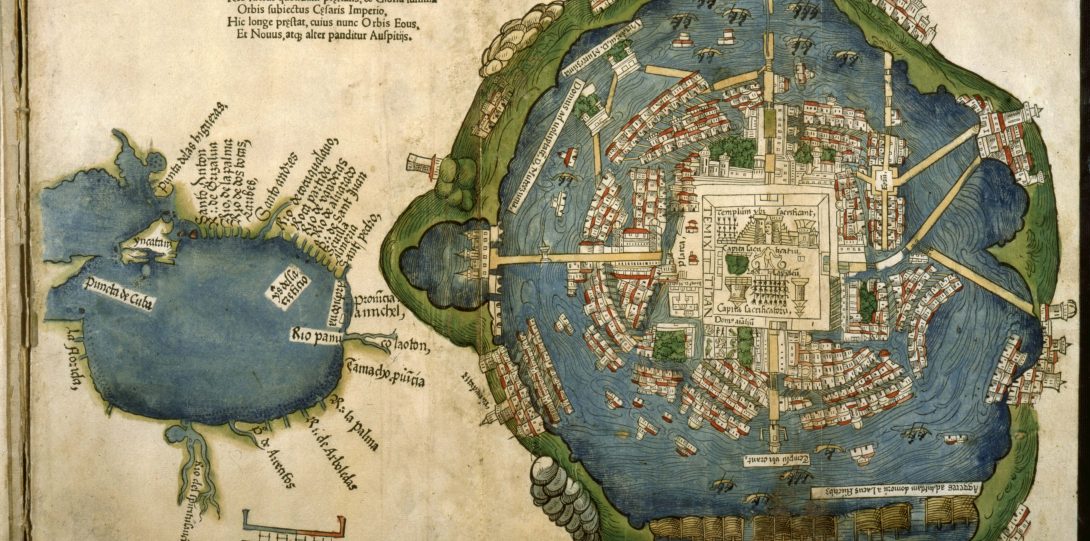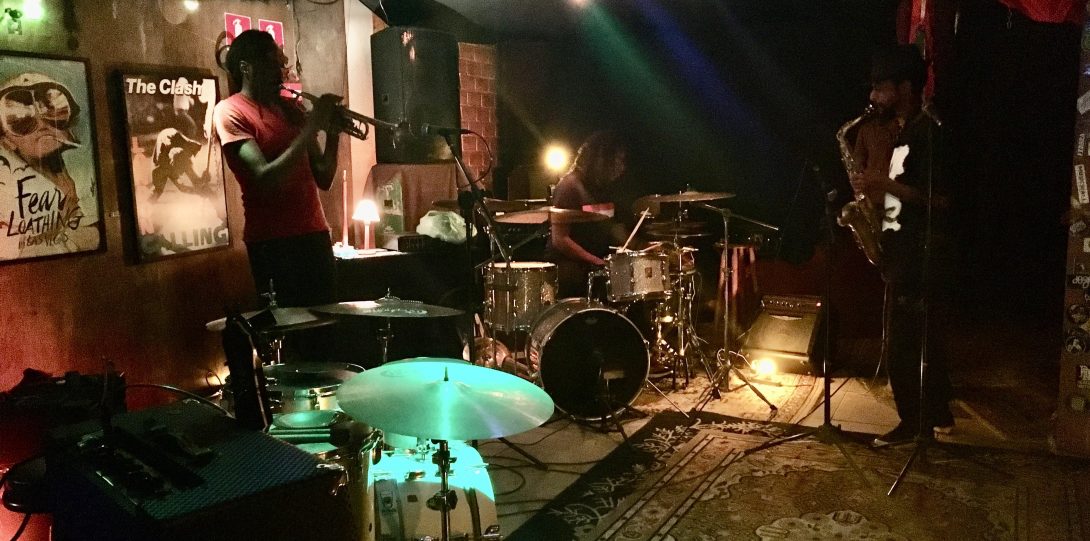Our Research
Faculty in the Department of Latin American and Latino Studies are engaged in a variety of research and publishing endeavors. Current topic areas include migration and the immigrant experience, deportation, deaths in detention, human rights, criminalization of migrants, transnational organizing, labor and worker rights, and gender and sexuality studies. Please visit faculty profile pages for more detailed information.
LALS faculty have also secured two important grants from the Mellon Foundation. Maria de los Angeles Torres and Amalia Pallares are co-principal investigators on a grant that funds the Crossing Latinidades Humanities Inititiative. And Maria de los Angeles Torres is the principal investigator on the grant that funds the IUPLR/UIC Mellon Fellows Program.
Our Research
-
Photos by Marlene Quinto, Locatora Radio, and Chicana M(other)workEsther Díaz Martín's book project tunes in to the sound of Latina feminism(s) in AM/FM radio and podcasting at the turn into the Digital Age. She argues that “radiophonic feminism(s)” are praxes that conduct a trabajo que no se ve challenging sexism in US Spanish-language radio and digital media.
-
In his recently published book, The Deportation Machine: America's Long History of Expelling Immigrants, Adam Goodman chronicles the devastating human costs of punitive enforcement policies over the past 140 years, and the innovative strategies people have adopted to fight against removal and redefine belonging in ways that transcend citizenship.
-
Photo is a detail from Quipu Menstrual (Nevado del Plomo, Chile), copyright © 2016 by Cecilia Vicuña.In his collection, Written After a Massacre in the Year 2018, Daniel Borzutzky writes poems in response to the military industrial complex that profits from war, the unjust policing of certain bodies, and the ways that xenophobia passes for immigration policy. He grieves for children in cages and those slain in mass shootings. Written After a Massacre in the Year 2018 is a poetic reckoning with the violence of the twenty-first century.
-
Photo by Xochitl BadaXochitl Bada's (UIC) and Shannon Glesson's (Cornell University) project on Transnational Labor Advocacy aims to inform the public about best practices to enforce labor rights standards of undocumented Mexican workers living in the United States.
-
Photo by Nena TorresIn her forthcoming book, The Elusive Present: Democracy’s Time in Cuban Thought, Nena Torres looks at the ways in which the past and the future have configured political projects and searches for a poetic present—a temporality democracy requires—and finds it in the work of Eliseo Diego.
-
*Democracy as Fetish *(2019) examines democracy’s key terms—equality, freedom, liberty, transparency, and so on—and how they are undermined by what he calls the “oligarchic condition.” The book has its beginnings in fieldwork in Latin@ neighborhoods, but it eventually poses a broad and disturbing question: Can liberal democracy survive the approaching upheavals of global warming?
-
Photo courtesy Newberry LibraryCristián Roa (2010) claims that Chimalpahin rewrote López de Gómara’s Conquista de México in a manner in which it was not supposed to be rewritten, thereby helping us grasp what a dialogue between Europeans and Natives might have looked like in the seventeenth century.
-
Photo by James McNallyJames McNally examines the development, internationalization, and sensationalization of Brazilian funk carioca. He argues that this trend has contributed to glamorized global perceptions of impoverished Latin American communities and perpetuated a troublesome history of Western producers using source material from the Other for novelty and financial gain.

